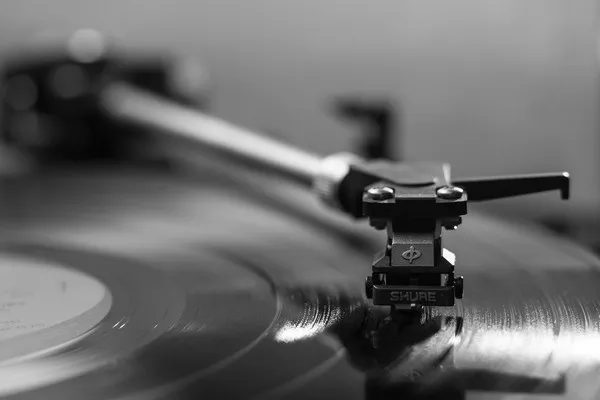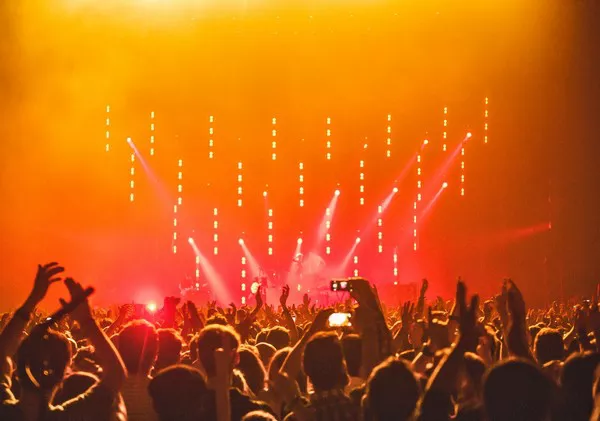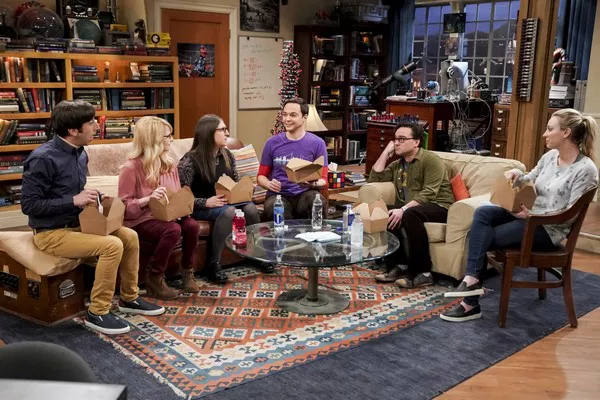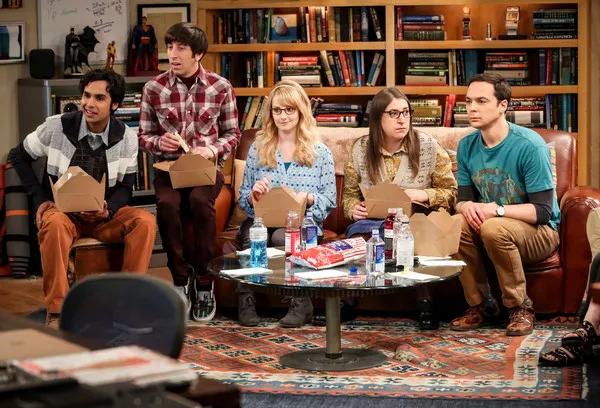Artificial intelligence may be able to pass a Wharton MBA exam, but it can’t win a Grammy.
That’s according to Harvey Mason Jr, CEO of the Recording Academy, which presents the annual Grammy Awards to honour leading contributions to the music industry.
“No, we’re not going to award AI creativity,” Mason said at the Fast Company Innovation Festival 2023 last week. “But we’re not going to reveal or disqualify the creators working with it.”
The Recording Academy recently released new eligibility requirements for the 66th annual Grammy Awards, which will take place in February 2024. The guidelines set out two categories under which an AI-assisted song could be considered for an award.
“If AI performs the song but humans wrote it, then it’s eligible for a writing category. If there’s AI writing the song, but there’s a human singer … singing the song, then it’s eligible for a performance category,” Mason explained.
The updated policy comes after an anonymous artist – known as Ghostwriter – submitted a song called “Heart on My Sleeve” to the awards, which used AI to imitate the voices of singers Drake and The Weeknd. Earlier this month, Mason told the New York Times that the song was “absolutely eligible” for a Grammy in the “creative” categories, such as song of the year, “because it was written by a human being”.
It’s ineligible for awards like Best Rap Performance because “the vocals were not legally obtained, the vocals were not cleared by the label or artists, and the song is not commercially available,” Mason added in a recent Instagram video.
Speaking at the Fast Company festival, Mason suggested that this year’s rules may not be in place for long.
“This is going to change quickly,” he said. “These things are happening now, so much faster, we have to be able to pivot. We have to be able to adjust award categories, procedures, processes … everything about our organisation.”
Sixty per cent of independent musicians are already using AI to create songs, according to a recent survey of 1,299 artists by music distribution company Ditto. Artists said they used AI to help with songwriting, music production, music mastering and even music artwork.
Mason says he supports some of these creative processes and recognises that music will evolve as AI continues to grow – but his primary goal is to uplift human artists.
“The Academy is here to support, advocate, protect and represent human artists and human creators. Period,” he said in his Instagram video.



























